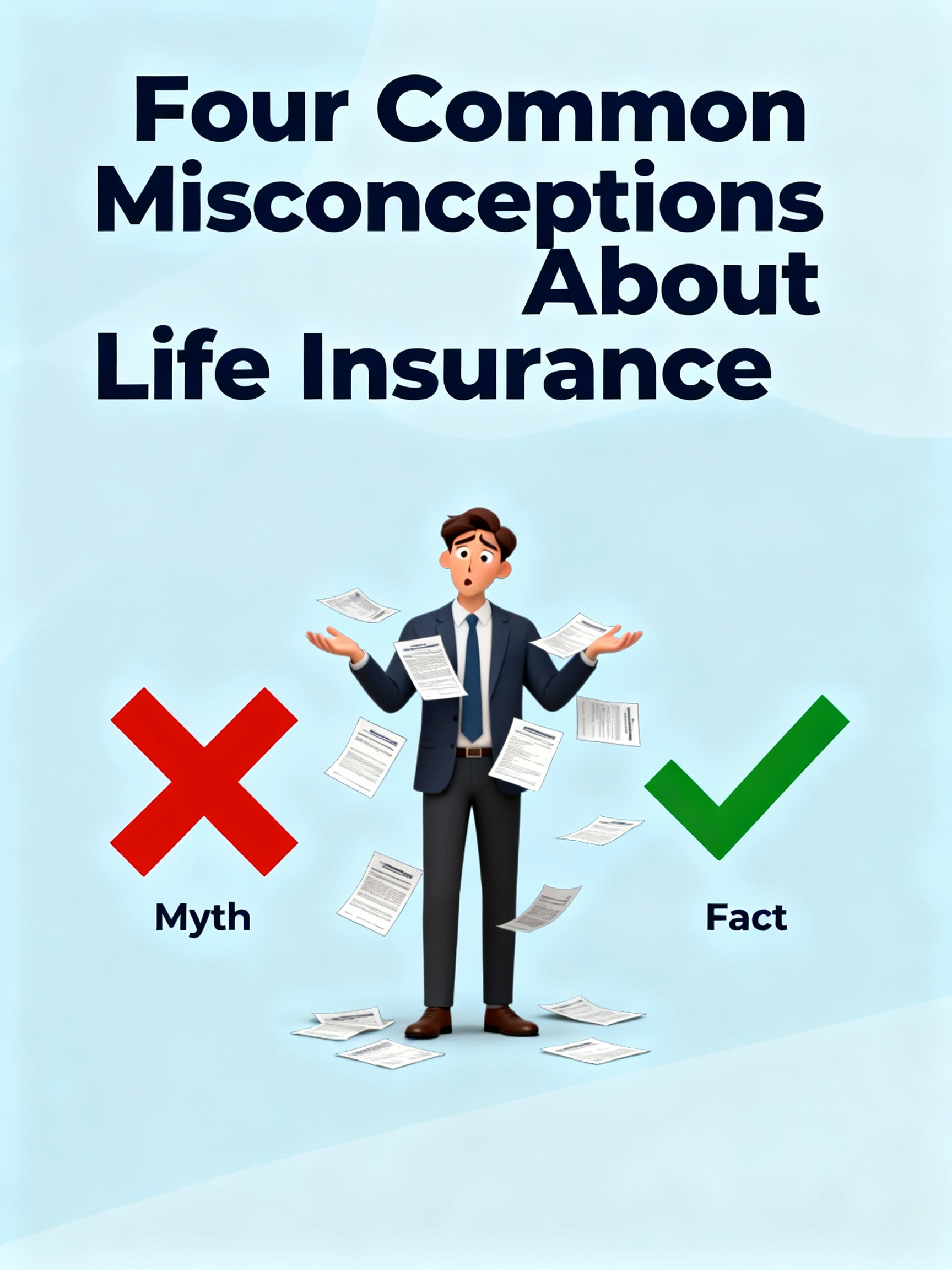AB 2743 and California’s Peer-to-Peer Car Sharing
Published Date: 08/03/2024
California stands at a crossroads where innovation, regulation, and economic opportunity meet. The rise of peer-to-peer car sharing — a model where individuals rent out their personal vehicles through platforms like Turo and Getaround — has opened new doors for residents seeking flexibility, affordability, and extra income.
It has also exposed how quickly the modern economy can outgrow outdated laws. Assembly Bill 2743 (AB 2743), championed by Assemblymember Blanca Pacheco (D–Downey), is designed to keep that gap from becoming a crisis.
AB 2743 aims to preserve fair insurance standards for peer-to-peer car sharing and ensure this fast-growing sector remains viable in California. Without it, an unintended change in state law scheduled for 2025 could make it prohibitively expensive for these businesses — and the Californians who rely on them — to operate.
In a recent conversation on Insurance Hour with host Karl Susman, Assemblymember Pacheco discussed the bill’s progress, the legislative process, and why this measure is critical for the state’s economy and innovation ecosystem.
AB 2743 Near the Finish Line
As the discussion began, Susman highlighted just how close AB 2743 is to becoming law.
“It’s just close to the finish line,” he said. “Would you say there’s been a lot of opposition, or has everyone been on board?”
“For the most part, everyone’s been on board,” Pacheco replied. “It’s received bipartisan support, so we’ve been fortunate. But that doesn’t mean we haven’t worked hard — we’ve worked hard from the very beginning.”
That bipartisan momentum is significant. In an era of frequent legislative gridlock, AB 2743 has attracted cooperation across party lines because its core principle — protecting innovation while maintaining fairness — resonates widely.
What AB 2743 Actually Does
AB 2743 is a clarification bill, crafted to fix an unintended consequence in California law.
A previous measure, Senate Bill 1107 (SB 1107) authored by Senator Bill Dodd, raised minimum insurance requirements for most motorists. In doing so, it also swept peer-to-peer car-sharing platforms into higher “financial responsibility” limits that were never intended for them.
“It would ensure car-sharing businesses stay viable here in the state of California,” Pacheco explained. “Consumers should be allowed to rent out their vehicles — it’s a good source of income and helps many families and constituents.”
Under current law, car-sharing platforms must already maintain insurance coverage three times higher than a personal auto policy. If the 2025 increase takes effect, those limits could rise even further, potentially making it too costly for companies like Turo and Getaround to operate here.
“Most importantly,” Pacheco emphasized, “this bill will keep businesses like Turo here in California. And that’s what’s important.”
Why Insurance Standards Matter for Innovation
California is known as a hub for innovation — but also as one of the most complex regulatory environments in the country.
“There’s nothing more important than trying to make California more attractive to business,” Susman said. “We don’t exactly have the reputation for being super business-friendly.”
“Yes,” Pacheco agreed, “we have our challenges.”
If insurance costs and liability standards escalate unchecked, California risks losing not just individual companies, but entire emerging industries — along with the jobs, tax revenue, and mobility options they support.
“This is about keeping our economy competitive,” Pacheco said. “If we want innovation to stay here, we have to make it possible to do business here.”
From Senate Floor to the Governor’s Desk
By the time of the interview, AB 2743 had already cleared the Assembly and passed multiple committees in the California Senate with bipartisan support. The next steps are a Senate floor vote and, if successful, delivery to Governor Gavin Newsom.
Susman asked a question many Californians have when they hear that a bill is “sitting on the governor’s desk.”
“You hear that all the time,” he said. “It’s sitting on the governor’s desk waiting for his signature, as if he’s pacing the room doing nothing else but looking at a stack of bills. How long can it actually sit there?”
Pacheco clarified the timeline.
“The governor has 30 days to sign or veto bills,” she explained. “The last date to sign or veto all bills this year is September 30th.”
Some bills are signed earlier, but September 30 is the final deadline each year for gubernatorial action.
How Californians Can Make Their Voices Heard
Susman then turned to civic engagement, asking how ordinary Californians can share their views.
“Anyone that wants to get their opinion in should certainly reach out to you,” he said. “Do you want to provide some contact information for people who want to reach out or maybe contact the governor’s office?”
Pacheco responded with her Capitol contact details:
“If they want to reach out to me, my phone number is 916-319-2064,” she said. “And my email is assemblymember.pacheco@assembly.ca.gov.”
She encouraged all Californians — not just those in her district — to speak up.
“Although I represent a particular area, the legislation that I write or support affects the entire state,” she said. “Anybody paying attention who wants to have a voice or ask a question should feel comfortable reaching out.”
Susman agreed, noting that policymakers benefit from real stories about how legislation affects families, small business owners, and drivers.
The Human Side of Lawmaking
While insurance law can seem technical and abstract, Pacheco’s conversation with Susman underscored that policymaking is fundamentally human work.
“I think it’s important that everyone knows they have a voice,” Susman said. “Even though you represent Downey and your local area, this is an issue that impacts the entire state.”
“Exactly,” Pacheco replied. “And that’s why I keep an open-door policy.”
That open-door approach — which she has emphasized in several Insurance Hour interviews — has been central to AB 2743’s progress. By listening to both supporters and critics early, Pacheco was able to refine bill language, address concerns, and shape a measure that works for consumers, regulators, and businesses.
Do Lawmakers Really Read the Bills?
At one point, Susman posed a question many citizens quietly wonder:
“How long is it? Ten pages? Thirty pages? How long would it take the average Assemblyperson or Senator to actually go through and read it — and do they really read it all?”
Pacheco laughed.
“Well, I hope they do,” she said. “But we all receive the bill language and an analysis of what the bill does. In each committee, we review those analyses, which help us understand the intent and implications of the legislation.”
“Not everyone is an attorney,” she added with a smile, “and not everyone is an insurance expert like you.”
Her answer highlighted the role of expert staff and formal bill analyses in helping lawmakers make informed decisions on complex topics like insurance, finance, and infrastructure.
Economic and Consumer Impact of AB 2743
AB 2743 is more than a technical correction; it has direct implications for households, small businesses, and the state’s broader economy.
By keeping insurance requirements stable, the bill helps ensure that:
- Consumers continue to have affordable access to vehicles through peer-to-peer platforms.
- Vehicle owners can safely rent out their cars and earn supplemental income.
- Technology companies like Turo and Getaround can continue operating, employing workers and contributing tax revenue.
- Insurers and regulators maintain clear standards without overburdening participants.
“This bill helps many families,” Pacheco said. “It supports small entrepreneurs while protecting consumers.”
Policy Agility in a Changing Economy
Pacheco’s efforts highlight a larger truth about governing in the modern economy: laws must evolve as quickly as business models do.
“California has to remain a place where new ideas can thrive,” she said. “We can’t let unintended consequences push businesses or consumers out.”
That is the core of AB 2743 — not deregulation, but smart regulation. It is about ensuring that safety, responsibility, and opportunity can coexist.
“Good legislation fixes problems before they grow,” Pacheco explained. “That’s what we’ve done here.”
Making California Work for Innovation and People
As the episode drew to a close, Susman tied the discussion back to California’s broader economic identity.
“There’s nothing more important than trying to make California more attractive to business,” he said. “And you’re helping do that.”
Pacheco responded with characteristic optimism.
“California is the best state ever,” she said. “We have our challenges, but we also have the creativity, the people, and the potential to solve them.”
Her perspective serves as a reminder that progress does not always require sweeping overhauls. Sometimes it looks like a single, carefully crafted bill that corrects a mistake before it becomes a crisis.
Key Takeaways
- AB 2743 preserves fair insurance standards for California’s peer-to-peer car-sharing platforms.
- The bill prevents unintended insurance hikes scheduled for 2025, helping businesses like Turo and Getaround remain viable in the state.
- It has received bipartisan support, cleared the Assembly, and advanced through key Senate committees toward the governor’s desk.
- Assemblymember Blanca Pacheco’s open-door approach has helped bridge political divides and address industry and consumer concerns.
- The legislation protects consumers, small business owners, and California’s reputation as a global hub of innovation — showing how targeted, collaborative policymaking can keep law and technology aligned.
Author






